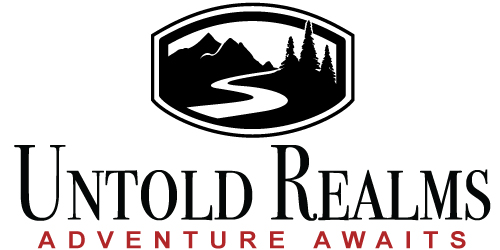I’ve always been intrigued with the idea of magical backlash–something fantastic when a wizard screws up. Even a wizard with a stupidly high IQ can fail a spell on a roll of 16, 17 or 18. Unfortunately, the canon rules for Advanced Wizard do not take into account when a wizard suffers a critical failure. Here are some suggestions for rectifying that omission.
Published Rules
The basic Wizard rules state that when a wizard rolls to cast a spell, a 16 is an automatic miss, a 17 is an automatic miss, and the wizard loses the full ST cost of the spell, and an 18 is an automatic miss, costs the wizard the full ST cost and the shock knocks him down.
The article "Magic Backlash in TFT" in Space Gamer #54 has a great table with backlash effects for critical failures. It established a table to roll 3d against when the caster rolls a 17 or 18. The higher or lower the 3d6 roll, the more dire the consequences.
GURPS Magic continued the concept of critical failures and a backlash results table. It is slightly different than the article in the Space Gamer, but the idea is the same.
Magical Backlash
So what do we use? Space Gamer? GURPS? Our own? I actually prefer my own. Reason: I like the idea of using magical backlash to introduce uncertainty in magic, but I don’t like the results to be too lethal. The randomness is great–especially if there is a way to roleplay the results.
So–if a player rolls a 16 when casting a spell, he or she loses the full cost of the spell, but nothing else happens.
If the player rolls a 17 or 18, the GM should roll 3d against the list below. If the player rolls an 18, add 3 to the roll.
-
Spell has the reverse effect, on a random subject.
-
Caster is rendered mute and cannot speak for 2d turns.
-
Spell is cast on a random subject. If the spell was beneficial, it is cast on a castor’s foe. Otherwise it is cast on the caster’s friends.
-
Spell fails entirely. Costs the caster 1 additional point of damage.
-
Spell works, but costs the caster twice the normal cost. If the caster does not have sufficient strength to cast the spell, he or she is rendered unconscious.
-
Spell costs the caster the normal cost, but fails entirely.
-
Spell has the normal effect, but it takes place 1d turns later than intended.
10-11. Spell costs the caster 1 ST but produces nothing but a bright flash and obnoxious odor.
12-13. Spell produces a weakened version of the intended effect, but with the full ST cost.
-
Caster suffers from physical pains that cause the caster to suffer from -3 DX for 3d turns.
-
A powerful psychic shockwave stuns everyone within a mega-megahex. Everyone temporarily has their IQ reduced by 2 for 1d turns.
-
Spell fails, and the caster is stunned. Caster cannot take any action for 2d turns, and has IQ reduced by half temporarily.
-
Spell fails, and caster forgets the spell. Roll against IQ after 1 week to remember the spell, and each week thereafter until it is remembered.
-
Spell fails completely. Caster takes 1d damage. Caster cannot cast any spells for 1d turns.
19+. Spell fails entirely, and summons a lesser demon, as per the Advanced Wizard spell.
These effects can obviously be changed around to suit your game and situation. Above all, make it interesting and fun!
Marko ∞
(Originally published on inthelabyrinth.org, on 3/17/2017.)
